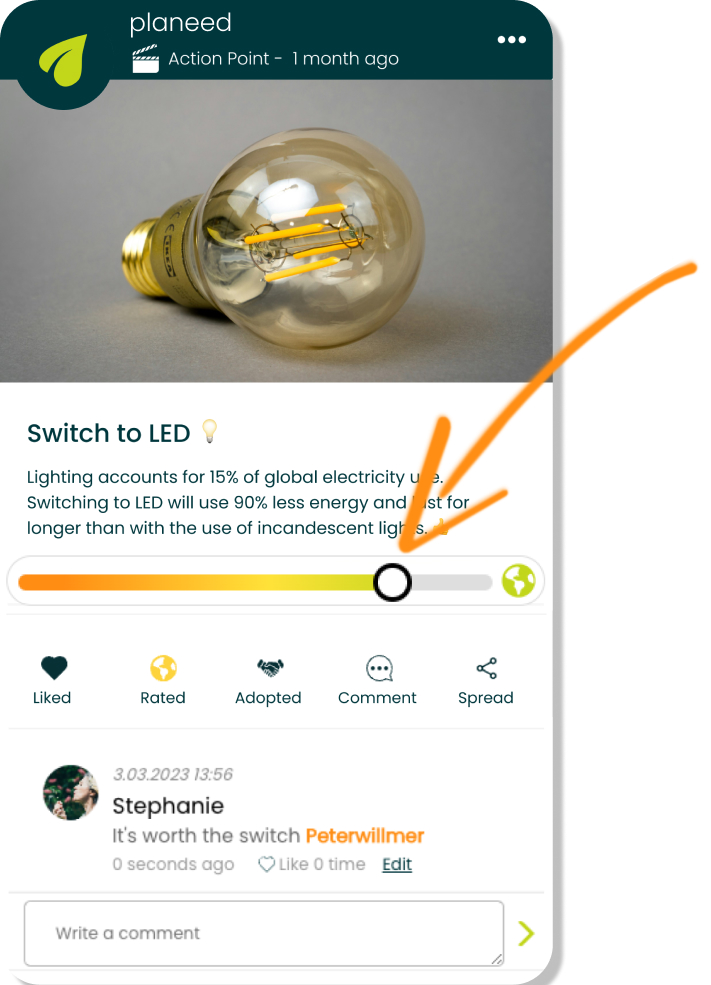What if your CSR efforts could go beyond goodwill and become a measurable driver of brand loyalty, stakeholder trust and business growth? Many organizations are taking bold steps in sustainability, yet they miss the opportunity to amplify their impact by failing to effectively measure and communicate their initiatives. Imagine leveraging real-time data to not only showcase the value of your efforts but also to engage stakeholders in ways that elevate your reputation and foster meaningful action.
This article examines why evaluating CSR communication is essential, not merely a strategic benefit. It also highlights how leveraging data can turn your company’s CSR efforts into a cornerstone of reputation and stakeholder confidence.
The Growing Importance of CSR Communication
Sustainability and responsibility have never been more critical for consumers, employees, investors and other stakeholders. A growing majority actively seek out companies that align with their values – whether it’s climate action, diversity, or ethical business practices. CSR communication is the bridge between a company’s efforts and the audience’s perception, yet many organizations fail to measure its effectiveness comprehensively.
This oversight is significant: poorly communicated CSR initiatives risk being overlooked or, worse, perceived as greenwashing. Effective CSR communication starts with meaningful measurement. It is the key to understanding which initiatives resonate with your stakeholders and evaluating their impact.
The Power of Data in CSR Communication
The power of data in modern business strategy is undisputed, but its application in CSR communication remains underutilized. Imagine being able to:
- Understand stakeholder resonance: Gain real-time insights into which CSR initiatives resonate most with your audience.
- Optimize engagement: Identify the actions, means of communication, messages and touchpoints that drive the highest levels of interaction and adoption.
- Quantify impact: Showcase the tangible impact of your initiatives, such as perceived impact, network effects or sentiment analysis, in a way that is meaningful to your further communication strategy and thus for your corporate image.

Data doesn’t just measure performance; it provides actionable insights to shape future communication strategies. Real-time analytics, for example, allow companies to pivot stakeholder sentiment on the fly, ensuring maximum relevance and engagement.
What to Measure in CSR Communication?
A strong CSR measurement strategy captures both qualitative and quantitative data. Here are key metrics organizations should focus on:
- Reach and engagement: Track likes, shares, comments, and other interactions specifically designed to analyze your CSR communication. How does engagement differ between your initiatives (e.g. renewable energy vs. social equity)?
- Impact ratings: Make sure to be able to obtain an audience rating to monitor how stakeholders perceive the relevance and impact of each initiative.
- Adoption rates: If your CSR initiatives are designed to inspire replication (e.g. sustainability practices adopted by your community), track how many users adopt or share your initiatives.
- Sentiment analysis: Leverage tools to assess the community’s sentiment toward your initiatives. Are stakeholders responding positively? If not, identify which actions they favor and uncover insights to guide future improvements.
- Behavioral metrics: Measure actions driven by CSR communication, such as employee participation in programs or increased customer loyalty, to encourage participation and acceptance.
Real-Time Data: The Game Changer
Static, end-of-year reporting is no longer sufficient in a world where stakeholder expectations evolve rapidly. Real-time data empowers organizations to:
- Engage proactively: Respond to emerging trends or feedback as they arise.
- Refine messaging: Adjust communication to better align with stakeholder priorities.
- Demonstrate agility: Prove to stakeholders that your brand is not just aware of societal challenges but actively evolving to address them.
For example, a company might discover mid-campaign that initiatives around plastic reduction generate far higher engagement than those on water conservation. This insight enables the company to allocate resources more effectively, refine its messaging, and focus on initiatives that align more closely with stakeholder priorities, ultimately enhancing the impact and perception of its CSR efforts.
Linking Data to Stakeholder Engagement
Beyond measurement, data is a powerful tool for stakeholder engagement. When stakeholders see evidence of a company’s progress and transparency, it builds trust and fosters a sense of shared responsibility. This is particularly impactful for internal stakeholders such as employees.
Ready to explore what’s possible? For inspiration, dive into our Global Impact Report 2024, which showcases valuable insights and strategies for leveraging data to strengthen employee engagement and achieve remarkable results. This report highlights the transformative power of measurement in driving transparency, fostering trust, and encouraging active participation – cornerstones of any successful CSR strategy.
How Companies Can Get Started
To fully leverage the power of data in CSR communication, organizations should:
- Invest in technology: Deploy tools that are especially designed to provide real-time analytics, sentiment analysis, and behavioral tracking on your CSR initiatives.
- Set clear KPIs: Define what success looks like for your CSR communication, from engagement metrics to tangible impact.
- Collaborate across teams: Work with sustainability officers, HR, and other departments to gather a holistic view of CSR performance.
- Tell compelling stories: Leverage data to pinpoint the initiatives that truly connect with your audience. Maximum impact is achieved when everyone feels engaged and aligned in the most effective way.
Closing the Gap Between Perception and Action
In an era where sustainability drives consumer loyalty and corporate value, CSR communication cannot be left to chance. Organizations need innovative tools to not only measure but also shape their brand’s impact. The key lies in access to relevant data: the clearer the insights, the stronger the message.
Start measuring today, and let data guide your CSR journey. Take a look at our Global Impact Report 2024, showcasing how data can transform initiatives into meaningful outcomes.
Related Posts
Related Posts
Bridging The Gap: Why Sustainability & Marketing Must Work Together Imagine your company has just completed its annual CSR report – a …
Beyond the Message: Unlocking the Power of Stakeholder Reach in CSR Communication Corporate Social Responsibility (CSR) has evolved beyond a mere compliance …
How to Become a CSR Brand: A Guide to Corporate Social Responsibility In today’s marketplace, businesses are more than just profit-generating entities; …



